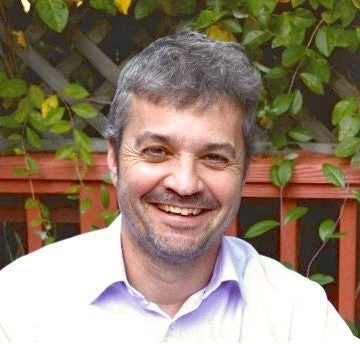Photo: Artit Wongpradu / Shutterstock.com
Islamic finance has been growing rapidly across the globe. According to a recent report by the Islamic Financial Services Board, the Islamic finance market currently stands around $1.9 trillion. With this growth, its application has been extended into many areas — trade, real estate, manufacturing, banking, infrastructure, and more.
However, Islamic finance is still a relatively untapped market for public-private partnership (PPP) financing, which makes the recent publication Mobilizing Islamic Finance for Infrastructure Public-Private Partnerships such an important resource, especially for governments and practitioners.
This is a very timely publication considering the global economy will need to invest around $90 trillion in infrastructure assets by 2030, and the current infrastructure spending of $2–3 trillion per year would need to double to meet this demand.
Mobilizing Islamic finance is aligned with the new approach of maximizing finance for development being adopted by the World Bank Group and other multilateral development banks, given the reality that conventional financing alone can simply not come close to meeting the demand for crucial infrastructure or meeting the Sustainable Development Goals in developing countries. This publication is one example of developing a resource to create the right conditions to bring Islamic finance into the mix.
The result of a series of events including workshops and forums, the report begins by explaining the basic Islamic finance instruments that are frequently issued in infrastructure PPP project financing and how they are applied across a variety of infrastructure assets classes.
An interesting and helpful feature of this publication is a set of case studies that have used Islamic finance through various Islamic finance instruments. The cases demonstrate how it is applied in practice, and explore the many issues that are common when trying to combine both Islamic and conventional finance in the same infrastructure finance transaction.
For instance, the Konya Integrated Health Campus in Turkey optimized its financing by gathering both conventional lenders and Islamic financiers in order to upgrade the country’s health care system. The Queen Alia International Airport in Jordan is another example of how Islamic finance, combined with conventional financiers, generated Jordan’s main international airport, a key component of the country’s transport, trade, and tourism infrastructure, and the first successful airport PPP in the Middle East.

The projects reviewed in the report demonstrate that Islamic finance structures are flexible enough to accommodate various projects, sectors, and countries. The flexibility associated with Islamic finance, and the ability of practitioners to address project- and country-specific issues, make it possible to apply Islamic finance to infrastructure PPP projects in nearly all jurisdictions.
With the publication of this report, the Bank Group and the IsDB have reached an important milestone in developing a body of knowledge on this subject. Given the significant innovation occurring in project development, this body of knowledge can be widely disseminated to inform public- and private-sector decision makers with an interest in PPPs, project finance, and the potential of Islamic finance.
You can find the report here.




Join the Conversation